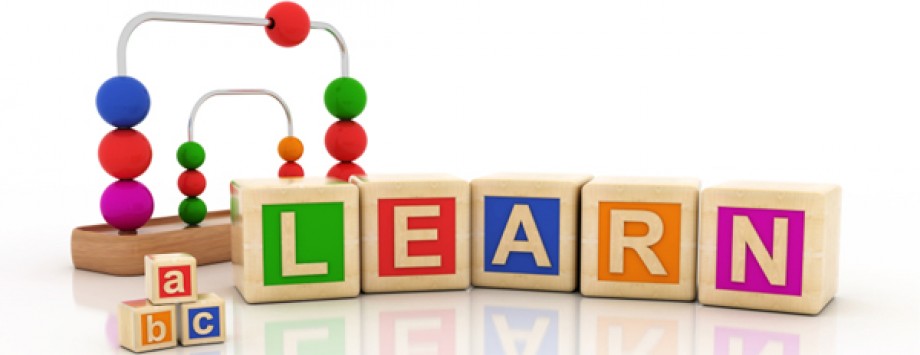In order for a student to be successful in their educational career the child must master all skills that are required to be literate. This includes the ability to read and write. Within these basic skills comes sound recognition of letters. Each letter makes their own individual sound when used in the English language, with the exception of vowels, which demonstrate two sounds per vowel. People may overlook the importance of fully comprehending short and long vowels, especially in the elementary years. In reality if a child does not fully grasp how to use and read short and long vowels they will inexorably struggle in their endeavor to become literate. In the modern age it is expected that at the young age of five and six students should master the ability to use, understand and identify vowels and the sound they make.
Research has been found and proved that vowel-recognition is a crucial part of a students emergent reading stages. Amos Hatch discusses the need of vowel recognition directly correlating to students’ abilities to read. Hatch states, “Some kindergarten children will have difficulty learning letter-sound combinations, but many will learn to produce the sound when given a regular consonant or short vowel, identify the letter when given the sound, and name other words that begin with the same sound” (Hutch, 2005). This proves that students who are familiar with vowel sounds will find that letter recognition and reading will come much easier to them. Further research done by Bonnie B. Armbruster stresses the importance of understanding vowel recognition in emergent readers. Armbruster quotes, “Non-systematic instruction often neglects vowels, even though knowing vowel letter-sound recognition is a crucial part of knowing the alphabetic system” (Armbruster, 2010).
With this research proving the importance of vowel recognition it is key that teachers have the ability to allow students every chance they can to fully comprehend vowels. This action research project will provide a plethora of activities and lessons to aid teachers while they introduce vowels to their students. The overall goal of this action research is to improve methods in teaching young students vowel recognition to overall advance their literacy experiences.
